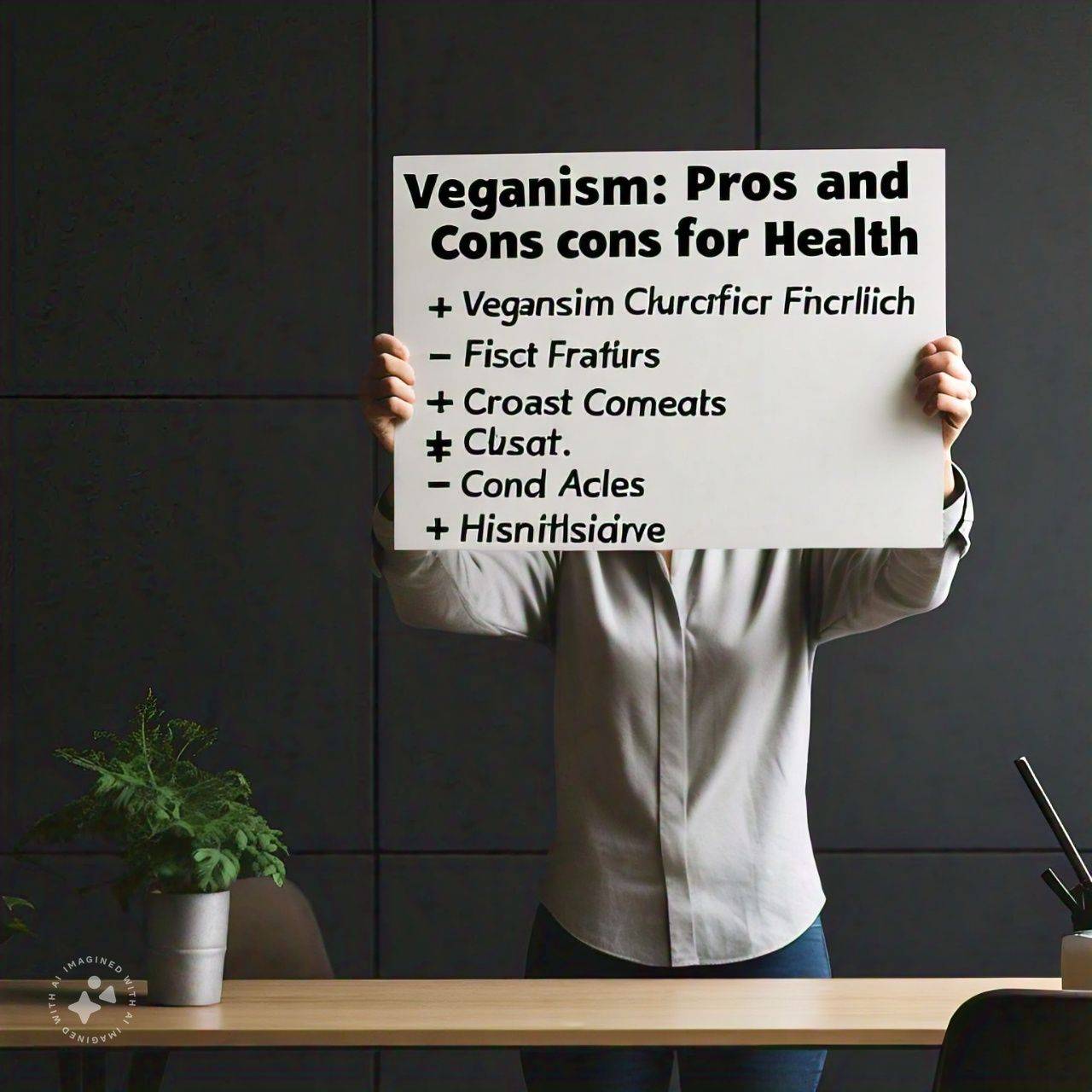Veganism has gained popularity as a lifestyle and dietary choice, focusing on plant-based foods while excluding all animal products. While it can offer significant health benefits, it also comes with potential challenges. Let’s explore the pros and cons of adopting a vegan diet for your health.
The Pros of Veganism
1. Nutrient-Rich Diet
A vegan diet emphasizes fruits, vegetables, whole grains, nuts, and legumes, which are packed with essential vitamins, minerals, and antioxidants. These foods promote overall health and reduce the risk of chronic diseases.
.
2. Heart Health Benefits
Plant-based diets are low in saturated fats and cholesterol, which helps lower blood pressure and reduce the risk of heart disease. Foods like nuts, seeds, and avocados provide healthy fats essential for cardiovascular health.
3. Improved Digestion
Vegan diets are high in fiber, which aids digestion, promotes regular bowel movements, and supports a healthy gut microbiome. Fiber-rich foods like oats, beans, and berries are staples in vegan meals.
4. Weight Management
Many people find it easier to manage or lose weight on a vegan diet because plant-based foods tend to be lower in calories and higher in fiber, helping you feel full for longer.
The Cons of Veganism
1. Risk of Nutritional Deficiencies
Eliminating animal products can lead to deficiencies in key nutrients, including:
Vitamin B12: Found naturally in animal products; essential for nerve function and blood health.
Iron: Plant-based iron is less bioavailable than the iron in meat.
Omega-3 Fatty Acids: Found in fish, important for brain and heart health.
Solution: Supplement with vitamin B12, eat fortified foods, and include sources of plant-based iron (like lentils and spinach) and omega-3s (like flaxseeds and walnuts).
2. Protein Challenges
Meeting protein requirements can be tricky without careful planning. While legumes, tofu, and quinoa provide protein, they may lack certain amino acids found in animal products.
Solution: Combine different plant proteins (e.g., rice and beans) to ensure you’re getting all essential amino acids.
3. Potential Social Challenges
Dining out or attending events can be difficult due to limited vegan-friendly options, which may lead to unintentional nutrient gaps or unhealthy choices like processed vegan snacks.
4. Over-Reliance on Processed Foods
Many vegan substitutes, like fake meats and cheeses, are highly processed and can be high in sodium and unhealthy fats. Relying too much on these can negate the health benefits of a vegan diet.
Solution: Focus on whole, natural foods rather than processed alternatives.
Is Veganism Right for You?
A vegan diet can be incredibly healthy when well-planned, but it’s not without its challenges. If you’re considering this lifestyle, consult a nutritionist to ensure you’re meeting your dietary needs. Start with small steps, like increasing plant-based meals gradually, and focus on variety to get all essential nutrients.
Veganism offers numerous health benefits, including better heart health, digestion, and weight management, but it requires careful planning to avoid deficiencies. Whether or not veganism is the right choice for you depends on your personal health goals and lifestyle. Balance, variety, and mindful eating are the keys to making any diet work for your well-being!




No comments yet
Be the first to share your thoughts!